|
Many mothers in the US lament the fact that, on average, women don't earn as much money as men. Some of these mothers sound frustrated. Some don't seem to understand the factors that influence pay. Some assume that employers conspire against them at worst, or unconscious biases exist at the very least. They feel underappreciated. There are other mothers who rarely mention this topic. Some of them are earning substantial incomes, working hard to manage demanding careers, and feeling adequately appreciated in the workplace. They are living a different reality and wonder why other women complain. Why is this? Why do some mothers feel underappreciated while others feel valued and well-compensated? There are probably many reasons, but one of them is that women sometimes receive different kinds of coaching and encouragement than men as they prepare for their careers. I write about this in the Working Parent Story Beyond the Benefits. Sheryl Sandberg writes about it in her book Lean In. It seems that many boys and men are advised to consider compensation expectations as they prepare for careers, but not as many girls and women receive that kind of advice. Too many women are encouraged to prepare for careers without considering the financial ramifications of their choices, and then they are surprised to learn that the jobs they qualilfy for don't pay well. If women were to approach career preparation differently, it's likely that mothers would opt out of the workplace less often and feel more appreciated on the job. When advising girls and young women, parents, teachers and mentors may want to ask themselves the question, "Would I give this advice to a boy or young man?" And if not, they should think about whether the girl or young woman deserves more. If you fear you may not be compensated fairly or your career may not be heading in the right direction, ask yourself this question: If men don't want my job, why do I?
0 Comments
Stories from some stars Working Parents are everywhere, and each of our stories is unique. In an attempt to share broader perspectives we searched online and found two interesting Working Parent Stories from the entertainment industry.
First, a humorous story from working mom, Lisa Kudrow, who makes no attempt to hide the fact that she values and nurtures her son's independence during her recent conversation with Jimmy Kimmel. (Note: The clip is mostly silly and entertaining, but we also found it encouraging and comforting.) The other example is from country music working parents Chris and Morgane Stapleton. A New York Times article about them published in May 2017 describes their decision to bring their kids along with them when they tour. (Look for the paragraph near the end of the article that starts out "I don't remember the momment ...") Their story provides a great reminder that each of us needs to chart our own course as we juggle family and career responsibilities.
Current events commentary
At Working Parent Stories we have a single focus; encouraging working parents who are committed to their kids and their careers. Since the beginning of time, most parents have needed to work, but it's a relatively new reality in many parts of the world to have men and women collaborating side-by-side as peers in the workplace. Norms continue to shift as expectations and opportunities for working parents evolve and the value of increased diversity in the workplace continues to reveal itself in new and interesting ways.
When we become parents, we take on the significant responsibility to nurture another human being. And when parents are able to make contributions beyond their own families, they further strengthen their children, families, and communities. This assertion has been exemplified recently via the value delivered by working parent Judge Rosemarie Aquilina. Judge Aquilina, a mother to five children and a grandmother, has presided over the sentencing of convicted criminal Larry Nassar, and she is credited with creating an environment that gave the victims the space they needed to tell their stories. As CNN anchor Michaela Pereira pointed out earlier today, Judge Aquilinia enabled the young women victims "to go from not being heard and believed to being heard, seen, validated, and believed." Judge Aquilina is 59 years old. Over the years it's possible, and maybe even probable, that she's had at least a few days when she may have felt like she had taken on too much as she balanced family and professional responsibilities. But the value of her most recent contributions are impossible to ignore. They enable us to clearly recognize that her extra effort has resulted in strengthened victims, families, and communities. Her work reminds each of us why our own work can be so important. It's impossible to know where our career paths will lead us, but it's encouraging when we are reminded that when we strive to apply our skills and use them to do the right thing, we are best positioned to make positive contributions. The work we do, and the examples we set, make a difference. Often progress occurs and we don't even realize it. When we're lucky, we can see the differences we make. Either way, the contributions matter.
Submitted by Kathy Haselmaier Editor's Note: The convenient thing about submitting a story to a web site you edit is that you can have conversations, and even debates, with yourself. This story is categorized as "provacative", so let's be clear up-front; I am not suggesting that full-time work is something that every parent will want to pursue, nor should they. Mindful parents make choices that support their unique visions for their families. The purpose of this piece is to stretch minds and encourage people to think and talk about how we can improve things for everyone. A casually asserted online comment got me thinking recently. It stated that an earnings gap between women and men is the reason many young women opt out of the workforce after they have children. It wasn't the first time I'd read the claim, and I doubt it will be the last.
Many young parents find ways to manage both career and family responsibilities, but young women are still leaving the workforce at greater rates than young men. (A 2012 McKinsey Study calls this the "leaky pipeline".) These exits perpetuate stereotypes that suggest women aren't as committed to careers as men. They also send messages to employers who find themselves in a bit of a bind; they value the strong contributions from women, but can't ignore the risks associated with employing them. Since women drop out of the workforce at greater rates than men, the following logical consequences often occur:
Women who opt out of the workforce aren't the only ones that increase the burden for the women who stay. Women who settle for jobs that don't demand their full potential reinforce the stereotype that women aren't capable of handling as much responsibility or pressure as men. This can negatively influence the kinds of opportunities that are available to the women who are striving to reach their full potential. But the fact that young women opt out of the workforce at greater rates than young men, or don't always pursue career challenges as vigorously as men, doesn't always hurt women in the workplace. Most organizations value the benefits provided by diverse work teams and some women possess unique skills or perform at exceptional levels, so in some cases, and especially in male-dominated organizations, the women who remain find themselves receiving special attention and unique benefits. One young mother recently told me, "My husband and I work at the same level and for the same FANG company. We are expecting our first baby soon. Our benefits will provide me with three months of paid medical leave after the baby is born, and then we are both able to take three months of paid parental leave too. It's pretty much assumed that I will take the entire leave. It's also assumed that I am a flight risk, may not return, or I am likely to want part time or flex time if I return. My husband, on the other hand, is not considered a flight risk, and it is assumed he won't want to change his current situation at all. Interestingly I actually end up with way more options. The company is willing to bend over backward to keep me and has proactively offered me part time or extended personal leave options even though I haven't even hinted that I'm interested in any of these things. It's not the same for my husband. He thinks that requesting these options might be career limiting or refused entirely." (If you're looking for a reason to encourage your young daughter to consider non-traditional career options, you may have found it in this comment.) People who are truly committed to influencing change must be willing to make at least some small sacrifices. To influence positive change we need to stand on principle to do the "right" thing instead of the easy, comfortable, or "greedy" thing. Complaining our way to change rarley works. We need to do the hard work of making it happen. We need to take action and lead by example. Women can make things better by participating in the workforce, striving to contribute at higher levels, and showing the world what is possible. Men can support the cause by being consistent cheerleaders and encouraging women to participate in the workforce at levels that utilizes their full potential (not only in roles that are traditional and/or comfortable). Women and men need to be willing to share more responsibilities. For women this may mean striving to achieve more professionally; for men this may mean taking on more food prep, clean up and carpool tasks. People who are managers and in other positions of influence need to advocate for working parents and fair policies. We all need to let go of outdated expectations and do more of the "right" things. We have the power to create the change we want. Let's use it. Nobody has more to gain from this kind of progress than our own children.
Related stories:
Submitted by Norma Velasco-Hensley Some people assume that women who spend the majority of their time parenting have no other skills. I beg to differ and am striving to change that perception. When my kids (ages 8 and 10) were born, I stepped away from the workplace. The new experiences I encountered led me to my true passion; art, design, and technology. Having studied zoology in college, and then having worked in biomedical research, I needed to re-tool. So while the babies were sleeping, I went back to school at night and online. Now I run my own web development company (novel-creative.com), and I get to do what I love when I work. In an effort to encourage other moms, and change the mistaken perception that dedicated mothers lack skills, I started an instagram account; Smart Moms (@momsaresmarttoo). I want other moms to know that it’s ok to love your kids and love your work. I want to show that you can be a strong, smart individual, with goals and achievements beyond parenthood, and be a badass mom at the same time.
Submitted by Jim Haselmaier
My wife and I worked full-time while we raised our kids. We were at the same Fortune 100 company during most of those years, so in retrospect, our somewhat common work environment provided an interesting view of how one company treated working parents. We compared notes in a variety of situations, and by and large, we both felt like we were treated well and fairly. And we hoped, in some small way, we paved the way for other parents wanting to follow a similar path.
When our first child was born (1990), there was no FMLA (Family and Medical Leave Act) in the US. If an employee working for our company gave birth, she was offered a benefit that provided six weeks of partially paid medical leave, with an option to take up to two additional months of unpaid maternity leave. As we planned for our baby, we planned for the unpaid time off too. The benefit stipulated that upon her return to work, the new mother was guaranteed a job at the same level she'd had before taking the leave. It was a sweet deal, and we appreciated it. While this benefit was attractive to us, my wife and I both wanted to spend time with our newborn. And while we appreciated the maternity benefits offered, my options were a lot more limited and my status was not as well protected. We decided that rather than take a lot of time off together, I'd take the majority of my time off when my wife returned to work. We thought that four weeks at home for me would work well. We worked with the company to arrange a plan that made sense to us, and we were confused as we tried to understand why the company thought mothers should take time off with babies, but not fathers. As we were investigating how to make this happen, I vividly remember us sitting in the office of an HR manager discussing the situation. He very clearly told me: “You can take vacation time. And we might be able to find a way for you to take unpaid time off.” My response was immediate and clear: “When my wife finishes her medical leave there is no difference between us. Why does she get a maternity leave and I do not get a paternity leave?” HR’s response was, “That’s the way it is.” In an attempt to help us achieve our goal, the HR manager suggested that I could claim the time off would be spent caring for my father, who was ill at the time, but I had no interest in twisting the truth. We pushed forward to make it happen, but conversations with my manager didn't go any better. He told me that if I took the four weeks off, he'd have a job for me when I returned, but I would be demoted from my management position, so I'd return at a lower level. That only strengthened our resolve to make it happen. In the end, I stayed home for four weeks after my wife returned to work. The time at home alone with my baby daughter was fantastic. I mastered every aspect of her care, and we went on outings together. It was great to have that dedicated time with the newest member of our family. Interestingly, things at work went better than expected in the end. During the middle of my leave, my manager called me and said, “We had a manager leave. When you return, would you be willing to return as a manager?” I told him, “Well, as a matter of fact, I would!” In hindsight, this was one of the best outcomes I've experienced after being forced to make what seemed like a difficult decision (at the time). Twenty seven years later I'm not missing the four weeks of 1990 pay, I don't think it hurt my career, and I'd like to think that I may have planted a few ideas in the minds of HR and management that have supported new benefits that exist today. It's easy to complain about things not being the way you want them to be, but if you want to be a change agent, you sometimes need to be willing to take at least a small hit so that things will be better for others in the future. We're glad that in hindsight we hope our small step back in 1990 may have helped change things just a little and hope you might consider doing something similar if an opportunity presents itself to you.
Submitted by Kelly Coon Throughout the day, I wear a slew of different hats. I'm a mom to three boys and a rescue pup, a wife, a writer, an editor, and as of November of 2017, an author with a book deal from Penguin Random House. I'm over the moon to report that my first young adult fantasy is scheduled to be published in the fall of 2019. It recounts the tale of a 16-year-old healer's apprentice who must save a dying Sumerian king or her little sister will be buried alive to serve him in the Netherworld. My sons say it's spooky, but cool. After many years of dedicated work, it's thrilling to be able to say that the book (and its sequel) will be published. It's a lifelong dream fulfilled. A bucket-list item I can check off my list. But this excitement pales compared to the gift I received on Christmas morning. My 10-year-old son, Brady, made me save his gift for last. With bright eyes, he watched me intently as I tore into the package. To my surprise, nestled with the greatest of care inside a little box, was a Harry Potter snitch bookmark, a gift he'd given because, in his words, "Now, you're an author like J. K. Rowling." It's a trinket I will treasure every day of my life. For in that moment, he hadn't just recognized me as his mom, or his dad's wife, or the crazy person running around doing all the things I do on a daily basis; he'd seen my innermost passion, had recognized it, and had reached across from himself to me to express his shared joy in my journey. Nothing will ever touch that.
|
The StoriesArchives
March 2022
Categories
All
|
Photos from barnimages.com, marcoverch, truewonder, donnierayjones, marcoverch, shixart1985, Gustavo Devito, edenpictures, nan palmero, quapan, The Pumpkin Theory, bark, opassande, Semtrio, Ivan Radic (CC BY 2.0), verchmarco (CC BY 2.0), Didriks, shawnzrossi, shixart1985 (CC BY 2.0), madprime, marksmorton, CT Arzneimittel GmbH, NwongPR, franchiseopportunitiesphotos, anotherlunch.com, jdlasica, wuestenigel, Frinthy, romanboed, Doris Tichelaar, quinn.anya, A_Peach, VisitLakeland, MEDION Pressestelle, Darren Wilkinson, bratislavskysamospravnykraj, Anthony Quintano, Danielle Scott, pockethifi, Bridgette Rehg, Martin Pettitt, PersonalCreations.com, wuestenigel, Thad Zajdowicz, archer10 (Dennis) 139M Views, Infomastern, beltz6, The National Guard, futurestreet, daveynin, OIST (Okinawa Institute of Science and Technology), Rinet IT, shixart1985, mikecogh, JeepersMedia, Ryan Polei | www.ryanpolei.com, Jake.Christopher., aleksandrajovovich, thepeachpeddler, wwward0, flossyflotsam, Got Credit, Senado Federal, Corvair Owner, lookcatalog, moodboardphotography, dejankrsmanovic, Carine fel, ElleFlorio, {Guerrilla Futures | Jason Tester}, greg westfall., Arlington County, mariaronnaluna, quinn.anya, wuestenigel, Tayloright, insatiablemunch, MrJamesBaker, Scorius, Alan Light, Monkey Mash Button, www.audio-luci-store.it, wohlford, Vivian Chen [陳培雯], okchomeseller, BoldContent, Ivan Radic, verchmarco, donnierayjones, Czar Hey, US Department of Education, Andrew Milligan Sumo, Michel Curi, anotherlunch.com, ProFlowers.com, Cultural viewpoints from around the world, alubavin, yourbestdigs, Rod Waddington, Tayloright, Wonder woman0731, yourbestdigs, donald judge, Thomas Leth-Olsen, Infinity Studio, shixart1985, wuestenigel, francesbean, Roger Blackwell, MrJamesBaker, Luca Nebuloni, MFer Photography, erinw519, boellstiftung, North Carolina National Guard, A m o r e Caterina, MrJamesBaker, bellaellaboutique, Free For Commercial Use (FFC), Prayitno / Thank you for (12 millions +) view, wuestenigel, Matt From London, MadFishDigital, Kompentenzzentrum Frau und Beruf, mikecogh, CreditDebitPro, marciadotcom, Mr.Sai, _steffen



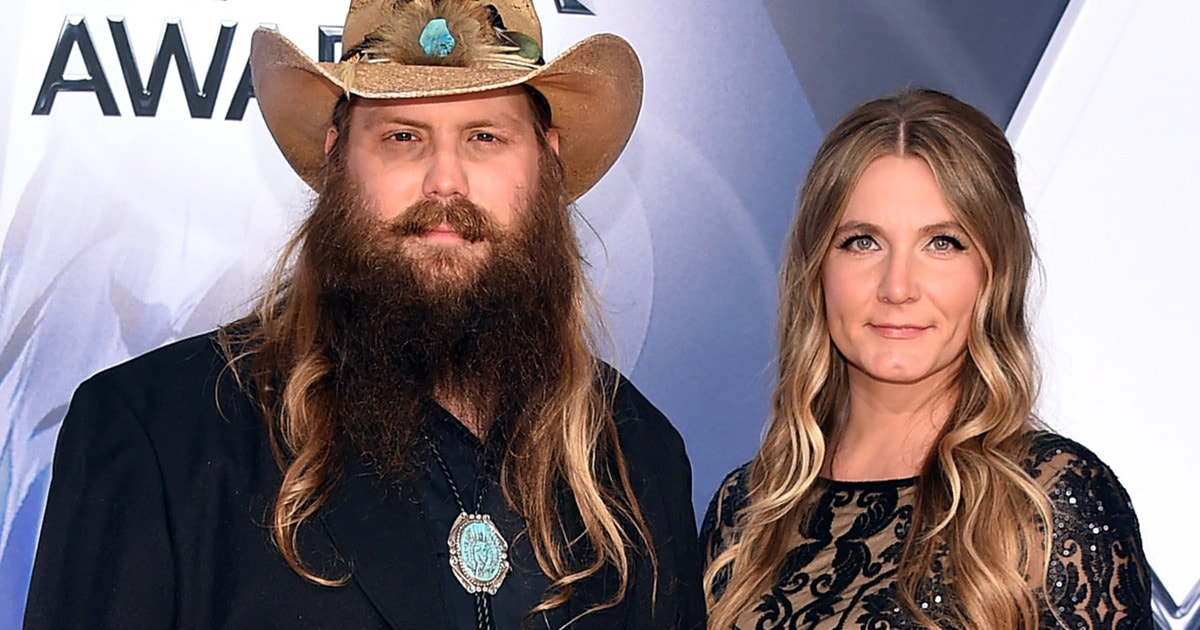

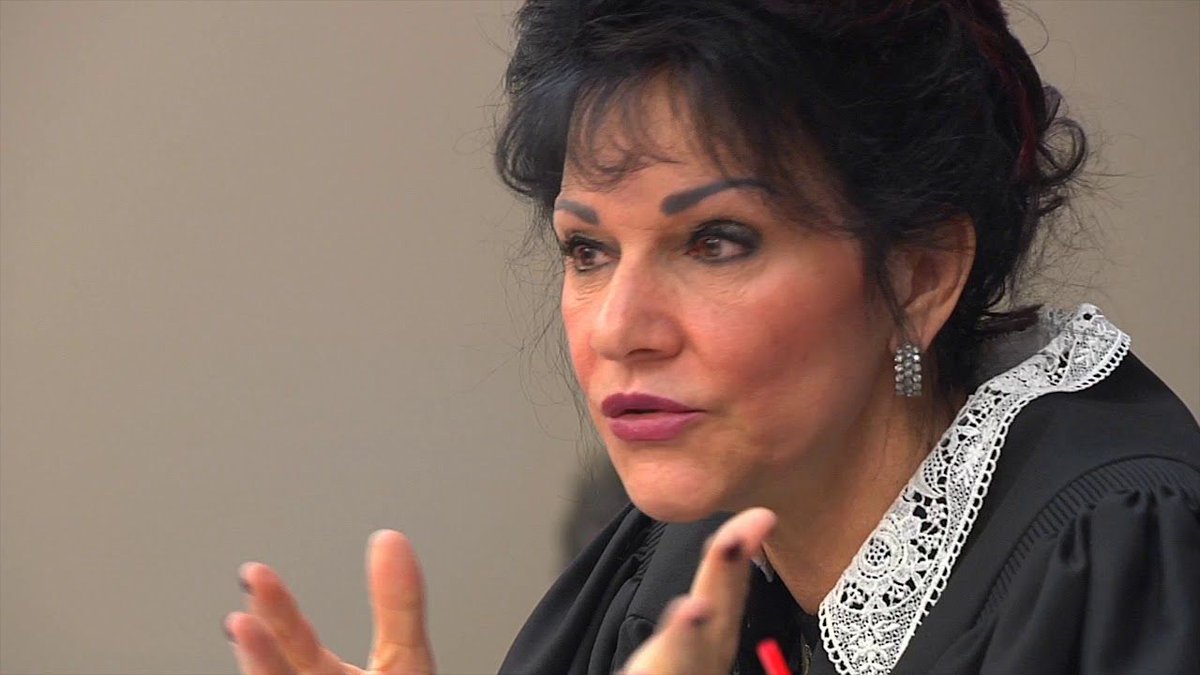
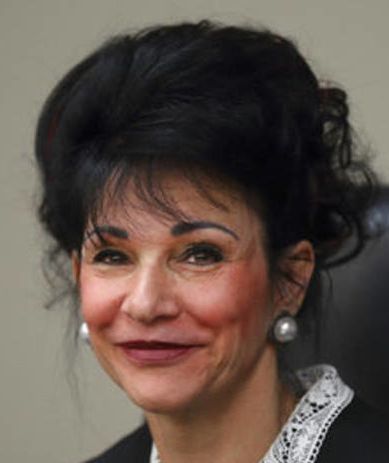
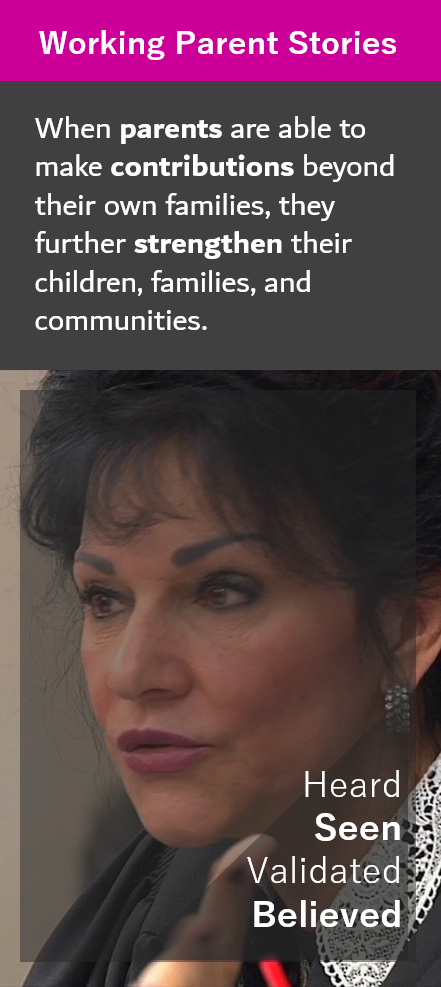


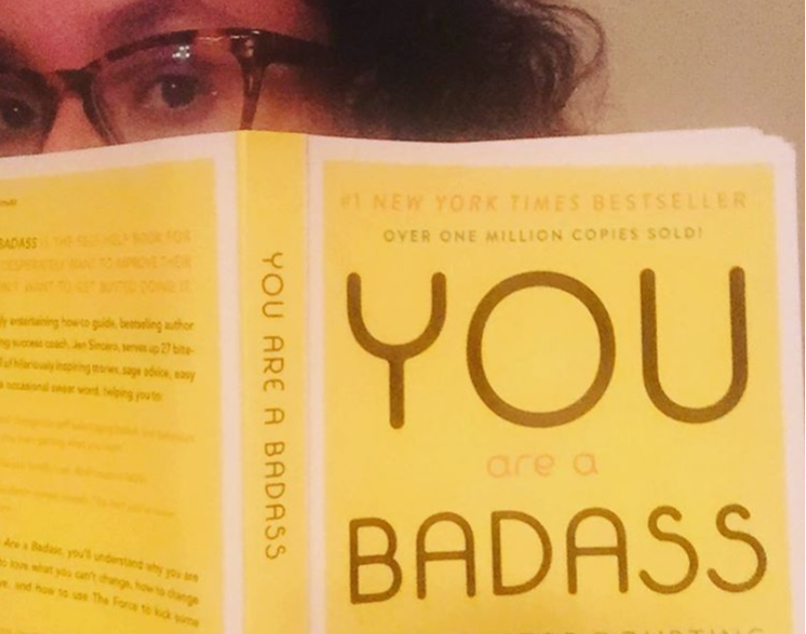



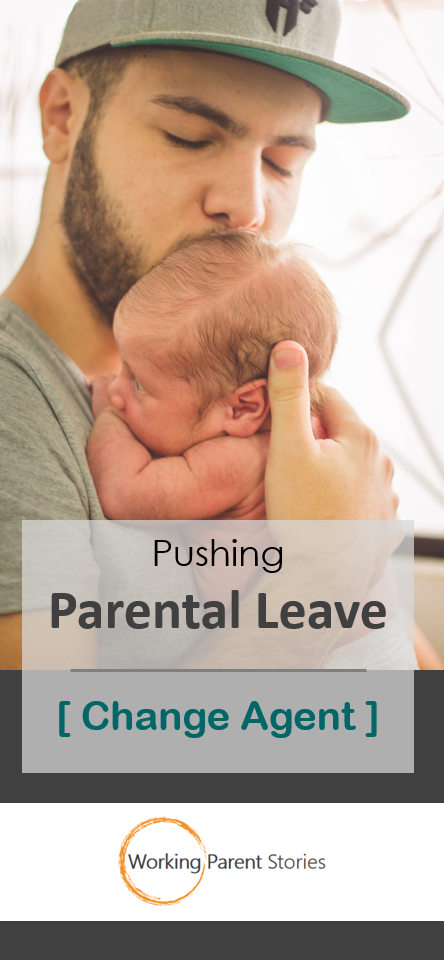
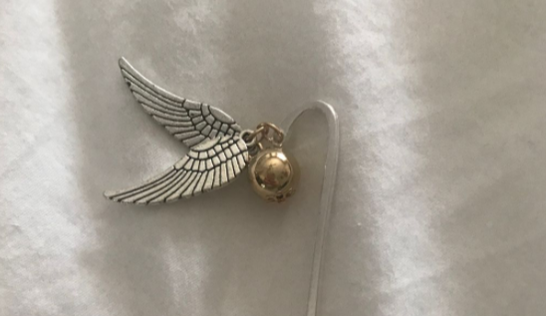
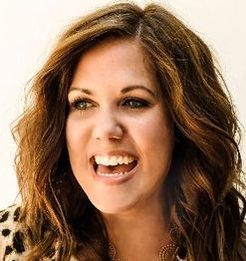
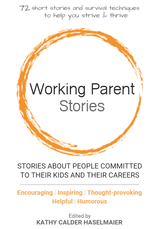
 RSS Feed
RSS Feed